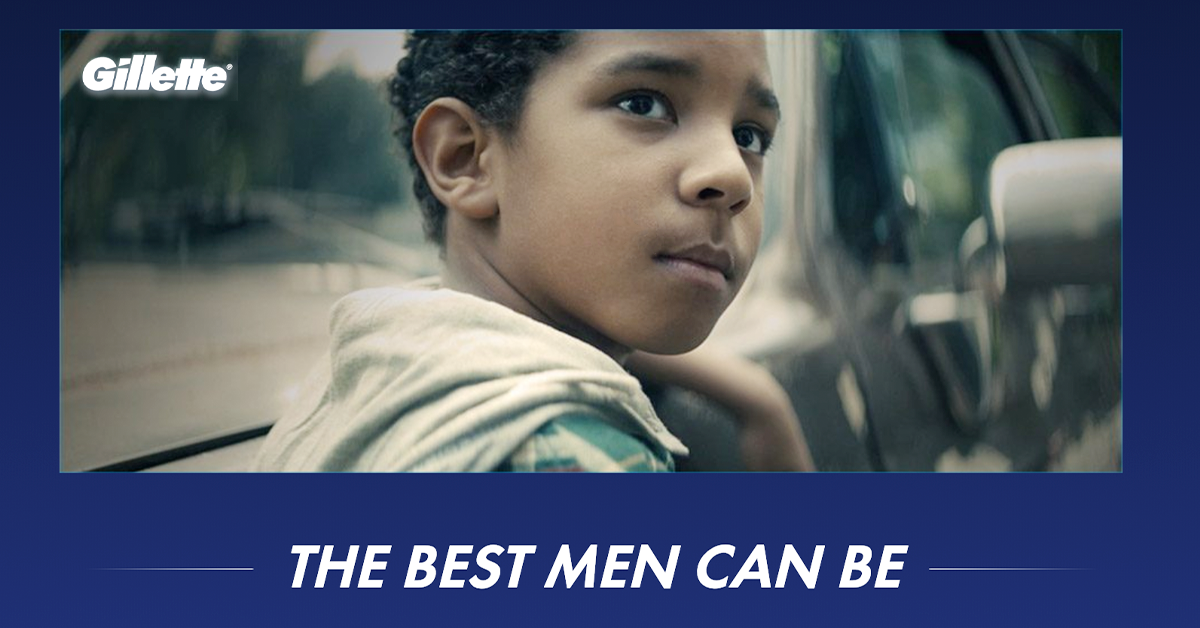Charley explores the real reason that advertisers are using public debates in their marketing campaigns, and whether it’s for anyone’s gain but their owns.
The Gillette ad, much like the Iceland palm oil ad, is bad and deserves contempt.
Admittedly, perhaps not the sort of contempt it has received from the men who felt targeted by it, but this low level of largely performative awareness raising should not be heralded as a significant step forward. It’s a cynical attempt to generate views, nothing more. This cynicism isn’t inherently bad, at least in the context of advertising, but it becomes something more sinister when it hides deeply problematic business practices.
Make no mistake here, the advert is nothing more than the recognition by Gillette that they can shave their advertising budget dramatically if they manage to produce the kind of advert guaranteed to be widely shared and discussed. This tactic was employed with devastating effectiveness by Iceland, when they released their palm oil advert on social media to much fanfare. Reliance on free advertising is not the only thing that Iceland and Gillette have in common, though. Both are using woke advertising to disguise an almost impressive level of contempt for their customers.
Iceland’s hypocrisy is perhaps the most egregious. In a revelation that should come as a surprise to nobody, Iceland have failed to honour their pledge to stop selling own brand products that contain palm oil. As explained by the son of their founder, it no longer looks to be possible for them because it has become too expensive. In a number of cases in which Iceland has taken action, they have simply dropped their name from the branding rather than actually taking steps to reduce the amount of palm oil based products that they sell.
As for Gillette, their own performative wokeness is pretty brazen, too. Not only is their overall message somewhat lacking in the power and clarity that any serious discussion of toxic masculinity needs, it’s blatantly hypocritical. Gillette are one of many brands accused of levying a ‘pink tax’, charging women extra for almost identical ‘female’ versions of products. This is the beating heart of performative wokeness. Misleading the public, and then relying on them not to notice as you get away with offensively cynical attempts to extract every last penny from them.
So, woke capitalism isn’t necessarily bad. At least, it isn’t necessarily any worse than plain old capitalism.
The problems begin to arise when businesses hide shady business practices and unethical techniques behind a thin veneer of social awareness. Adverts starting conversations can absolutely be a good thing, but not when there’s such a big difference between reality and their pious rhetoric.
Charley Weldrick
Image: Gillette

